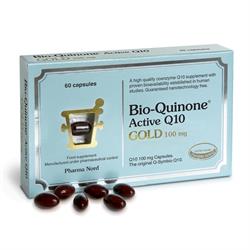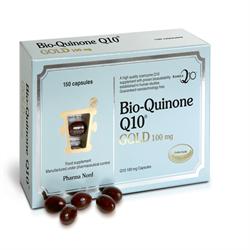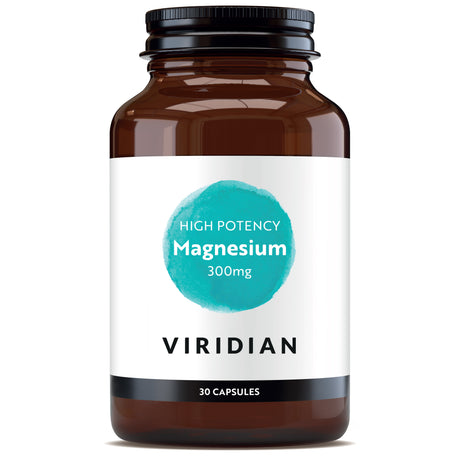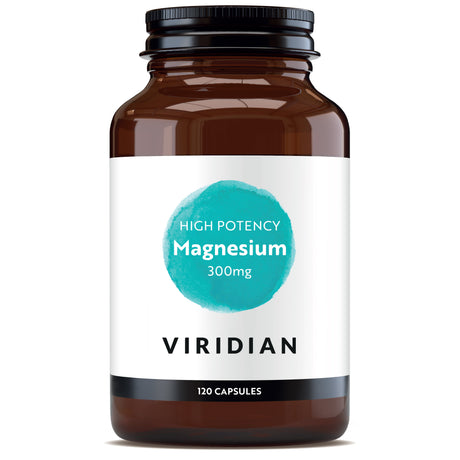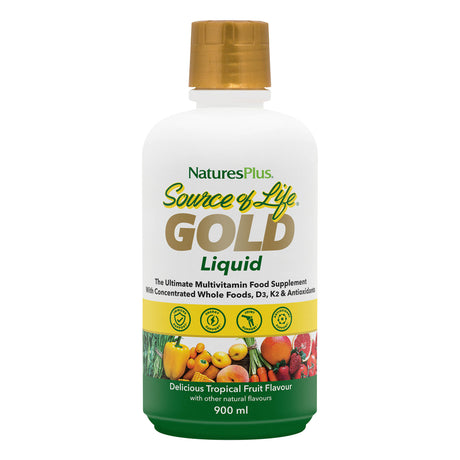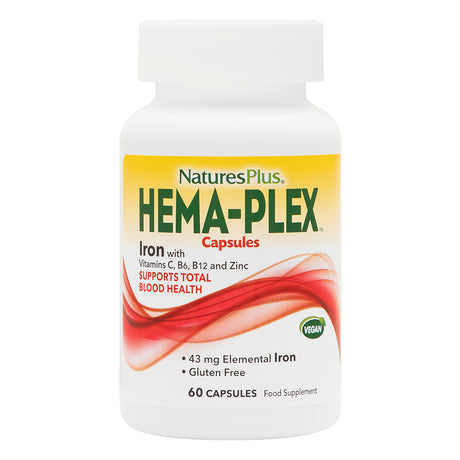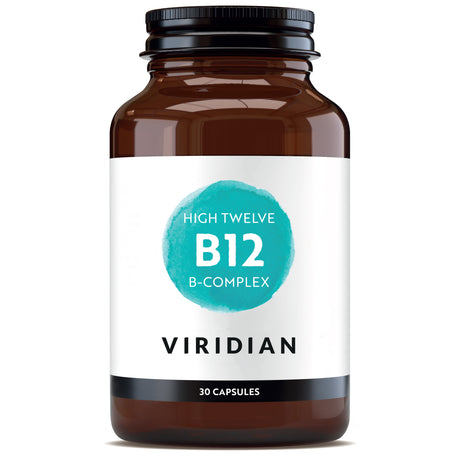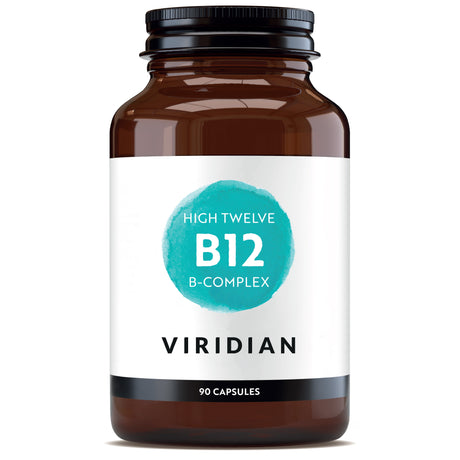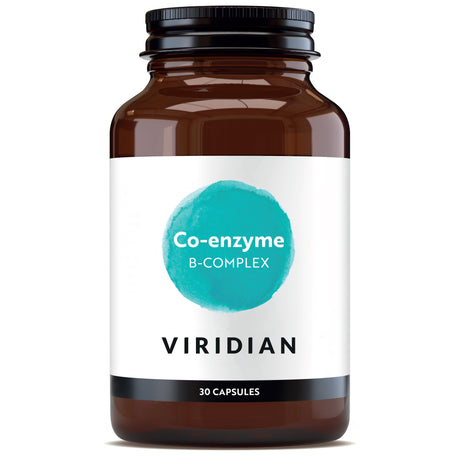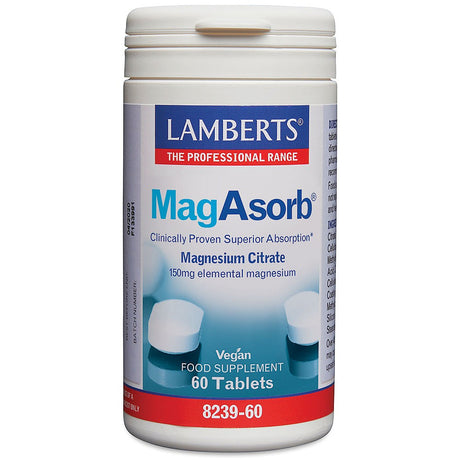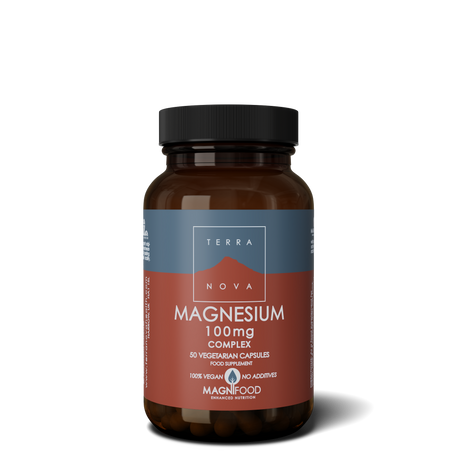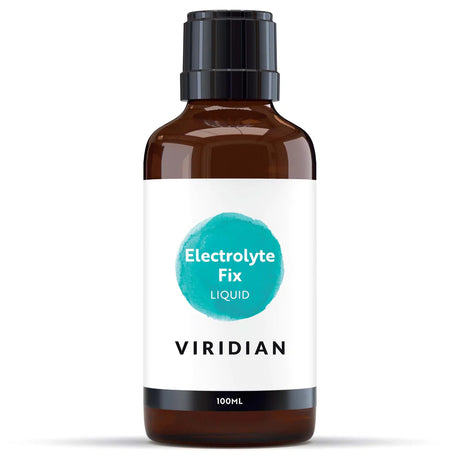Bio-Quinone Q10 Gold 100mgules
Coenzyme Q10, also known as ubiquinone, is a lipid-type structure with vitamin-like activity. It is found naturally occurring in all human cells and is responsible for cells' energy production. As we get older, Q10 levels fall off, making supplementation necessary. Coenzyme Q10 functions at a very fundamental level as a carrier in the "electron transport" chain, leading to the production of Adenosine Tri-phosphate (ATP). Bio-Quinone Q10 has been used in managing various disorders, primarily as an adjunctive therapy for chronic heart failure. It is effective in managing congestive heart failure, cardiomyopathy, hypertension, stable angina, ventricular arrhythmia, cancer, periodontal disease, chronic fatigue, muscular dystrophy, and as a general energy booster. Coenzyme Q10 is usually effective at levels of 60-100mg/day in healthy individuals, with therapeutic doses ranging from 100-600mg/day. Up to 800mg have been used in long-term studies without toxicity problems or side effects. The most bio-available form is when Coenzyme Q10 is dissolved in soya bean oil and presented in a gelatine capsule, as in Bio-Quinone Q10 (Pharma Nord). This form has the greatest bio-availability in the body, proven by independent research. There are no known interactions or contraindications with Bio-Quinone Q10. It is sugar, yeast, dairy, and gluten-free.
- We offer Free UK Delivery to all UK addresses (except Jersey) for orders placed over £35.
- All the orders will be delivered in 3-5 Working Days from the date of order.
- Free UK Delivery is available for orders with a total order value of £35 or more (excluding any taxes or additional fees)
- Orders will be delivered using Royal Mail Shipping, fulfilled by Natural Health Options.
- For UK orders under £35, delivery is charged at a flat rate of £3.50.
- Free UK delivery is not applicable to orders being shipped to Jersey. Separate shipping charges will apply for orders delivered to Jersey.
* Please note on very rare occasions where orders weigh above 20kg, there may be a delivery surcharge applied at checkout and prices shown are for online orders only.
Energy from Other Brands
Join The Natural Health Club & Avail Exclusive Benefits!

